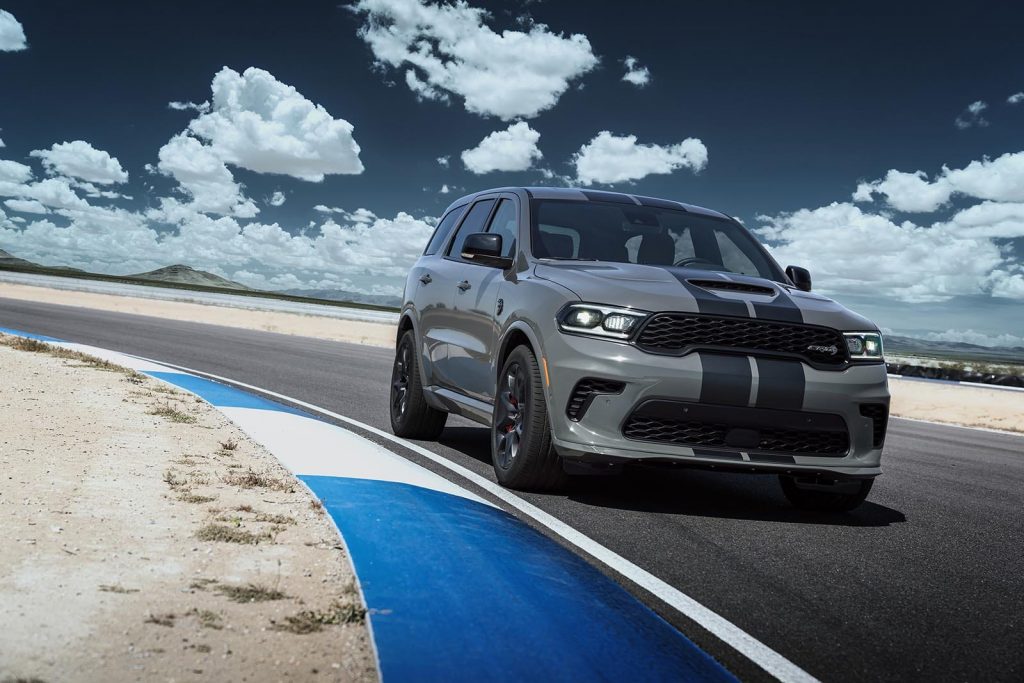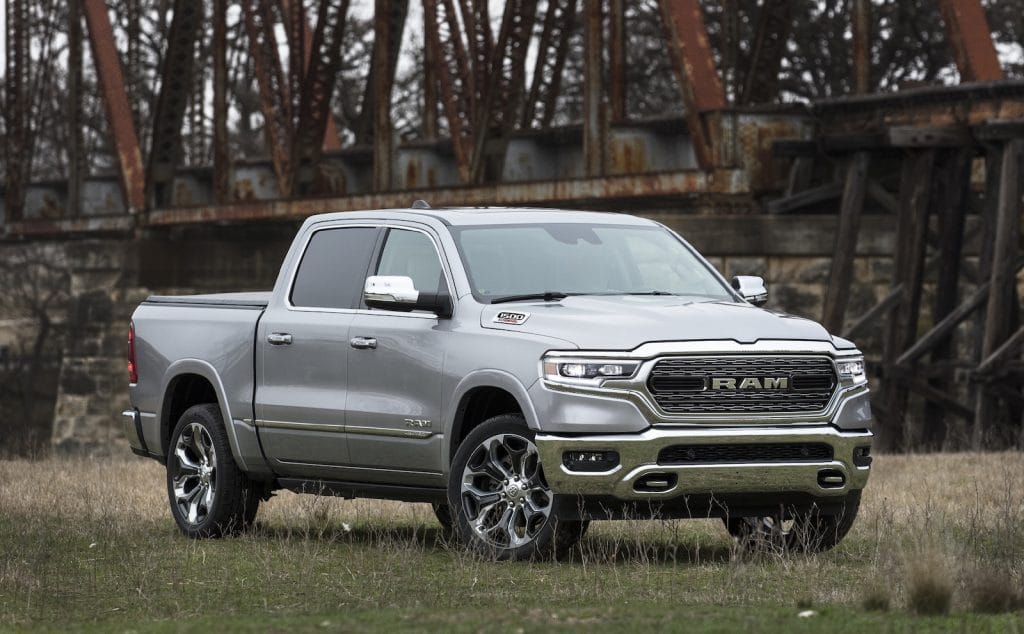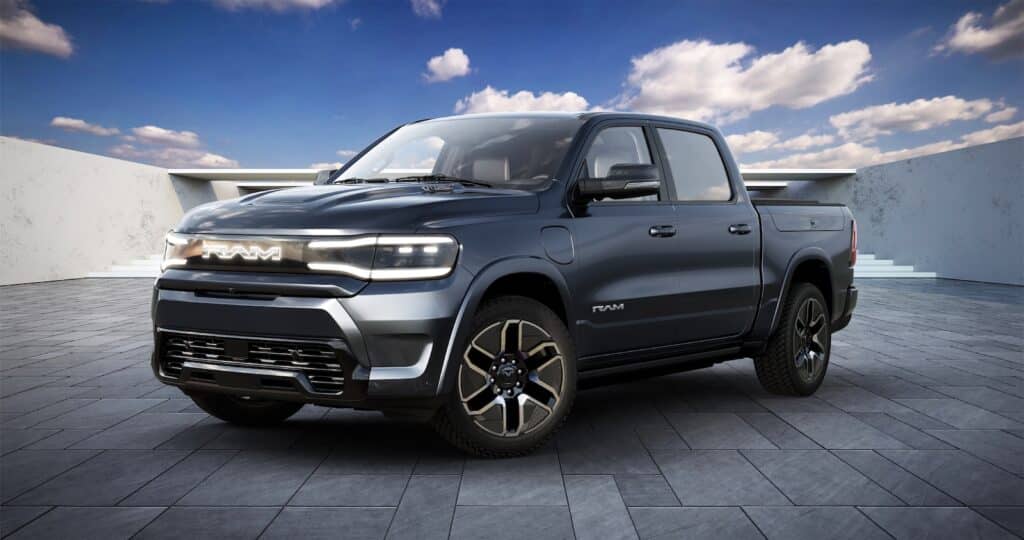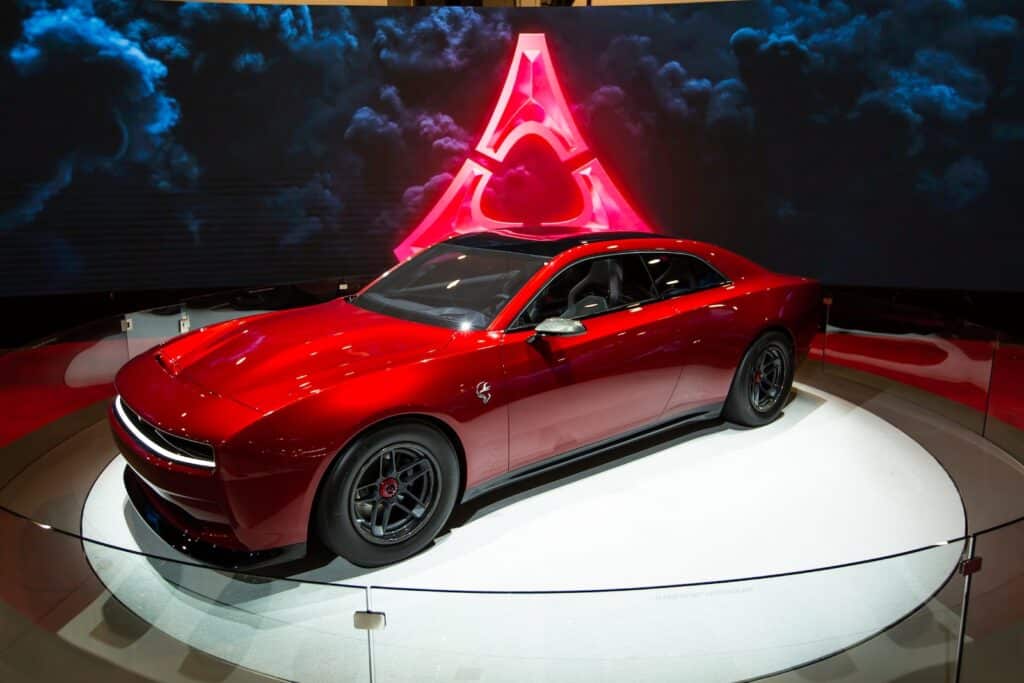From Zero to Hero? Stellantis Aims for Top of Quality Charts
Long laggards when it comes to quality, the Ram and Dodge delivered a shock when they landed at the top of the J.D. Power Initial Quality Study two years ago, displacing longtime leaders like Lexus and Toyota, as well as the South Korean carmakers, Hyundai, Kia and Genesis, that have topped the charts in more recent years.

To some observers, it seemed like a statistical fluke, but the two U.S. brands landed on top once again this year, along with Alfa Romeo, the Italian arm of Stellantis. While the Euro-American automaker still its weak links, notably the Chrysler brand, it marks a big turnaround and one that Bill Kendell says has been long in the making.
“We’re taking every problem seriously,” no matter how small it might appear, said Kendell, who has spent most of his time in the auto industry with what was known as Chrysler Corp. when he started out 36 years ago. Much of that career has been spent in quality control and Kendell was named head of that operation in July.
“A playground for problem solving”
He calls his new job “a playground for problem solving,” and Kendell says he’s not going to be happy until all of the various Stellantis brands climb to the top of Power’s IQS, as well as other quality studies.
When Ram and Dodge took the number one and two spots in the IQS in 2021, there were plenty of skeptics. Among other things, they noted that the Dodge product line-up had undergone only moderate changes in recent years. Keep the same nameplates in production long enough and you eventually should be able to figure things out, came the jaundiced view.

Over time, “You learn about the (problems) and put fixes in place,” Kendell acknowledged during an exclusive interview with TheDetroitBureau.com.
Getting it right, right from the start
But the new Stellantis quality chief notes that the automaker’s improvements aren’t limited to carryover models. True, the Dodge Charger and Challenger models have been around for years, but the Durango SUV has gone through significant updates, as have a number of Ram and Alfa models.
“We have a philosophy where new vehicles have to be competitive (on a quality level) with the products they replace,” Kendell said before acknowledging, “That discipline is a bit new for us.”
The real test of that philosophy will come a little more than a year from now. The Charger and Challenger models are about to end their long runs. For the 2025 model year, they’ll be replaced by a production version of the Dodge Challenger Daytona SRT Concept rolled out last year.

EVs could pose a big challenge
It will be among the first in an assortment of battery-electric vehicles that Stellantis plans to launch in the U.S. market — following shortly after the launch of the Ram 1500 Rev.
It could prove a tough challenge. Automakers, on the whole, have struggled to get things right with their new EVs. And the Chrysler brand has had enough problems with its plug-in hybrid Pacifica, one of the poorest-performing models in the U.S. Stellantis line-up.
But Kendell said he’s confident Ram, Dodge and their sibling brands will get the shift to EVs right — noting that there are far fewer moving parts to go wrong.
Don’t launch until you’re ready
Nonetheless, the EV transition is forcing the automaker to redouble its quality control strategy. Among other things, it means being looser than in the past when it comes to bringing out a new vehicle.

“You don’t launch until you’re ready,” Kendell said.
But the goal of zero defects begins long before a vehicle rolls down the assembly line. And that, he said, has led to changes in the way new models are designed and engineered. “The whole team has to have the same goal and be aligned,” he explained.
Suppliers, dealers also play a part
Suppliers must also be brought in at an early stage, according to Kendell, and that may mean accepting the idea that quality has to come before costs when picking a vendor.
Retailers are also part of the new equation. A new “adopt a dealer” program has helped Stellantis discover problems earlier than in years past, Kendell noted. In one instance, a dealer isolated an unusual rattle in the climate control system of a car brought in by a customer. It was due to an occasional assembly line glitch that was quickly resolved.
In decades past, automakers looked at quality as a headache they’d often prefer not to deal with. The conventional viewpoint was that it was cheaper and easier to make repairs rather than solve problems before they happen. That approach has been turned on its head.
Quality = cost savings
Getting quality rights means “waste you don’t have to spend for,” said Kendell. While he wouldn’t disclose hard numbers, he said warranty costs have gone down in direct proportion to the decline in warranty repairs. That’s been backed by several outside analysts, including J.D. Power.
Whether Dodge, Ram and any of the other brands will remain on top in future quality surveys remains to be seen. Key competitors are taking aim at the same target, Kendell acknowledged, noting that staying ahead is “like playing chess at 300 miles per hour.”
It’s a game he’s determined not to lose, however. And he knows Stellantis can’t afford to make the wrong moves. Fixing quality — and winning over customers who demand defect-free vehicles — will be essential, the new quality boss said, if the automaker hopes to achieve its goal of doubling its revenues by 2030.
Auto Lovers Land
Comments
Post a Comment